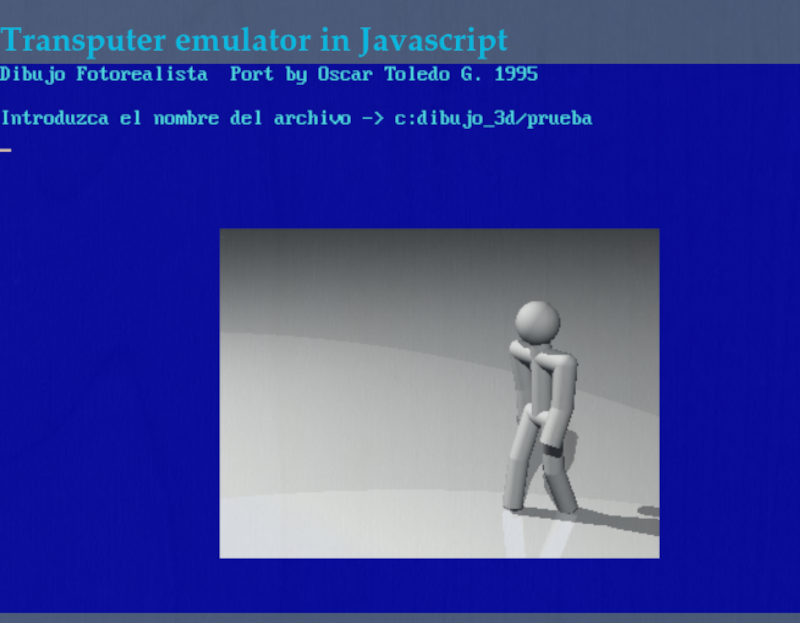Functions: Writing Reusable and Organized Code
Introduction Functions are fundamental building blocks in programming that enable code reuse, organization, and improved readability. This module will guide you through defining, calling, and optimizing functions, ensuring your programs are efficient and maintainable. Lesson 1: Why Functions? The Power of Reusability in Code Concept: Functions help in structuring code by grouping instructions that perform a specific task. They promote reusability, reduce redundancy, and enhance maintainability. Benefits of Using Functions: Code Organization: Break down complex programs into manageable sections. Reusability: Use the same code multiple times without rewriting it. Abstraction: Hide complex details and expose only essential logic. Maintainability: Easier to update and debug specific sections. Example Code: def greet(name): return f"Hello, {name}!" print(greet("Alice")) print(greet("Bob")) Pro Tip: Always create functions for repeated logic to make the codebase clean and efficient. Lesson 2: Defining and Calling Functions: Writing Your Own Code Blocks Concept: Defining and calling functions is the first step to writing structured code. Function Definition Components: Name: The identifier for the function. Parameters: Inputs that the function accepts. Body: The block of code that defines the function's behavior. Return Statement: Specifies what the function outputs (optional). Example Code: def add_numbers(a, b): return a + b result = add_numbers(5, 7) print("Sum:", result) Best Practices: Use descriptive names for functions. Limit the number of parameters for simplicity. Keep functions focused on a single responsibility. Pro Tip: Write docstrings to describe the purpose and usage of your functions. Lesson 3: Function Parameters and Return Values: Making Code Flexible Concept: Parameters and return values enhance function flexibility, allowing functions to work with dynamic input and output. Types of Parameters: Positional Parameters: Standard parameters that follow a specific order. Keyword Parameters: Specify parameters by name for clarity. Default Parameters: Assign default values if no argument is provided. Variable-length Parameters: Use *args and **kwargs for flexible argument numbers. Example Code: def describe_person(name, age=30): return f"Name: {name}, Age: {age}" print(describe_person("Alice")) print(describe_person("Bob", 25)) Pro Tip: Use default parameters to simplify function calls and provide sensible defaults. Lesson 4: Introduction to Libraries and Modules: Reusing Code Efficiently Concept: Libraries and modules are collections of functions and variables that can be reused across multiple programs. Example Code: # Importing a built-in library import math print(math.sqrt(16)) # Creating and importing a custom module # my_module.py def greet(): return "Hello from the module!" # main.py import my_module print(my_module.greet()) Best Practices: Use standard libraries where possible to save development time. Organize custom functions into modules for better code management. Avoid circular imports by designing modules with clear dependencies. Pro Tip: Use virtual environments to manage project-specific libraries. Conclusion Mastering functions is crucial for writing clean, efficient, and maintainable code. Functions help in organizing logic, simplifying complex processes, and reusing code efficiently. Key Takeaways: Functions promote code reusability and organization. Define functions with clear, descriptive names and responsibilities. Use parameters and return values to enhance flexibility. Leverage libraries and modules to avoid rewriting existing solutions. What's Next? In the next module, we'll explore error handling and debugging—learning how to write resilient code that gracefully handles unexpected situations. Visit us at Testamplify | X | Instagram | LinkedIn

Introduction
Functions are fundamental building blocks in programming that enable code reuse, organization, and improved readability. This module will guide you through defining, calling, and optimizing functions, ensuring your programs are efficient and maintainable.
Lesson 1: Why Functions? The Power of Reusability in Code
Concept:
Functions help in structuring code by grouping instructions that perform a specific task. They promote reusability, reduce redundancy, and enhance maintainability.
Benefits of Using Functions:
- Code Organization: Break down complex programs into manageable sections.
- Reusability: Use the same code multiple times without rewriting it.
- Abstraction: Hide complex details and expose only essential logic.
- Maintainability: Easier to update and debug specific sections.
Example Code:
def greet(name):
return f"Hello, {name}!"
print(greet("Alice"))
print(greet("Bob"))
Pro Tip: Always create functions for repeated logic to make the codebase clean and efficient.
Lesson 2: Defining and Calling Functions: Writing Your Own Code Blocks
Concept:
Defining and calling functions is the first step to writing structured code.
Function Definition Components:
- Name: The identifier for the function.
- Parameters: Inputs that the function accepts.
- Body: The block of code that defines the function's behavior.
- Return Statement: Specifies what the function outputs (optional).
Example Code:
def add_numbers(a, b):
return a + b
result = add_numbers(5, 7)
print("Sum:", result)
Best Practices:
- Use descriptive names for functions.
- Limit the number of parameters for simplicity.
- Keep functions focused on a single responsibility.
Pro Tip: Write docstrings to describe the purpose and usage of your functions.
Lesson 3: Function Parameters and Return Values: Making Code Flexible
Concept:
Parameters and return values enhance function flexibility, allowing functions to work with dynamic input and output.
Types of Parameters:
- Positional Parameters: Standard parameters that follow a specific order.
- Keyword Parameters: Specify parameters by name for clarity.
- Default Parameters: Assign default values if no argument is provided.
-
Variable-length Parameters: Use
*argsand**kwargsfor flexible argument numbers.
Example Code:
def describe_person(name, age=30):
return f"Name: {name}, Age: {age}"
print(describe_person("Alice"))
print(describe_person("Bob", 25))
Pro Tip: Use default parameters to simplify function calls and provide sensible defaults.
Lesson 4: Introduction to Libraries and Modules: Reusing Code Efficiently
Concept:
Libraries and modules are collections of functions and variables that can be reused across multiple programs.
Example Code:
# Importing a built-in library
import math
print(math.sqrt(16))
# Creating and importing a custom module
# my_module.py
def greet():
return "Hello from the module!"
# main.py
import my_module
print(my_module.greet())
Best Practices:
- Use standard libraries where possible to save development time.
- Organize custom functions into modules for better code management.
- Avoid circular imports by designing modules with clear dependencies.
Pro Tip: Use virtual environments to manage project-specific libraries.
Conclusion
Mastering functions is crucial for writing clean, efficient, and maintainable code. Functions help in organizing logic, simplifying complex processes, and reusing code efficiently.
Key Takeaways:
- Functions promote code reusability and organization.
- Define functions with clear, descriptive names and responsibilities.
- Use parameters and return values to enhance flexibility.
- Leverage libraries and modules to avoid rewriting existing solutions.
What's Next?
In the next module, we'll explore error handling and debugging—learning how to write resilient code that gracefully handles unexpected situations.
Visit us at Testamplify | X | Instagram | LinkedIn






















































.jpg)
%20Abstract%20Background%20112024%20SOURCE%20Amazon.jpg)



















































































































![[The AI Show Episode 142]: ChatGPT’s New Image Generator, Studio Ghibli Craze and Backlash, Gemini 2.5, OpenAI Academy, 4o Updates, Vibe Marketing & xAI Acquires X](https://www.marketingaiinstitute.com/hubfs/ep%20142%20cover.png)
































































































































![From drop-out to software architect with Jason Lengstorf [Podcast #167]](https://cdn.hashnode.com/res/hashnode/image/upload/v1743796461357/f3d19cd7-e6f5-4d7c-8bfc-eb974bc8da68.png?#)




































































































.png?#)





.jpg?#)
































_Christophe_Coat_Alamy.jpg?#)










































































































![Rapidus in Talks With Apple as It Accelerates Toward 2nm Chip Production [Report]](https://www.iclarified.com/images/news/96937/96937/96937-640.jpg)










































































































































